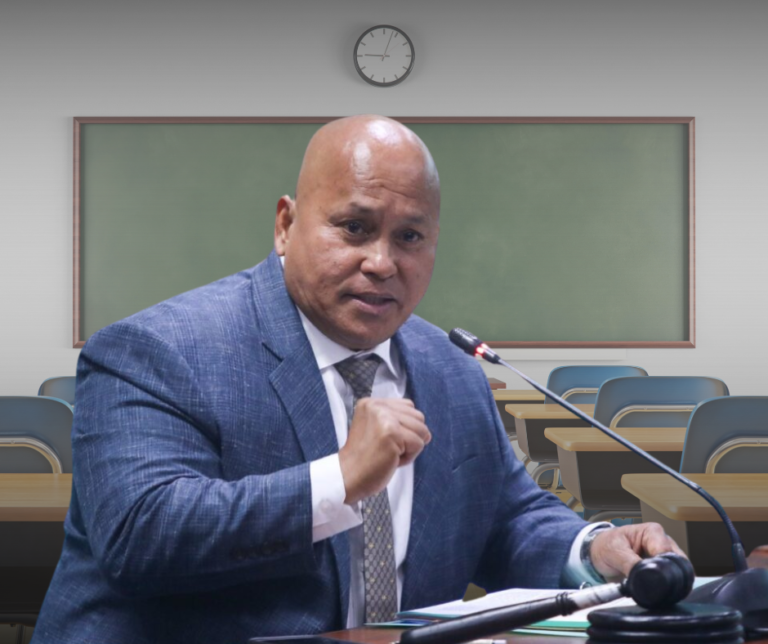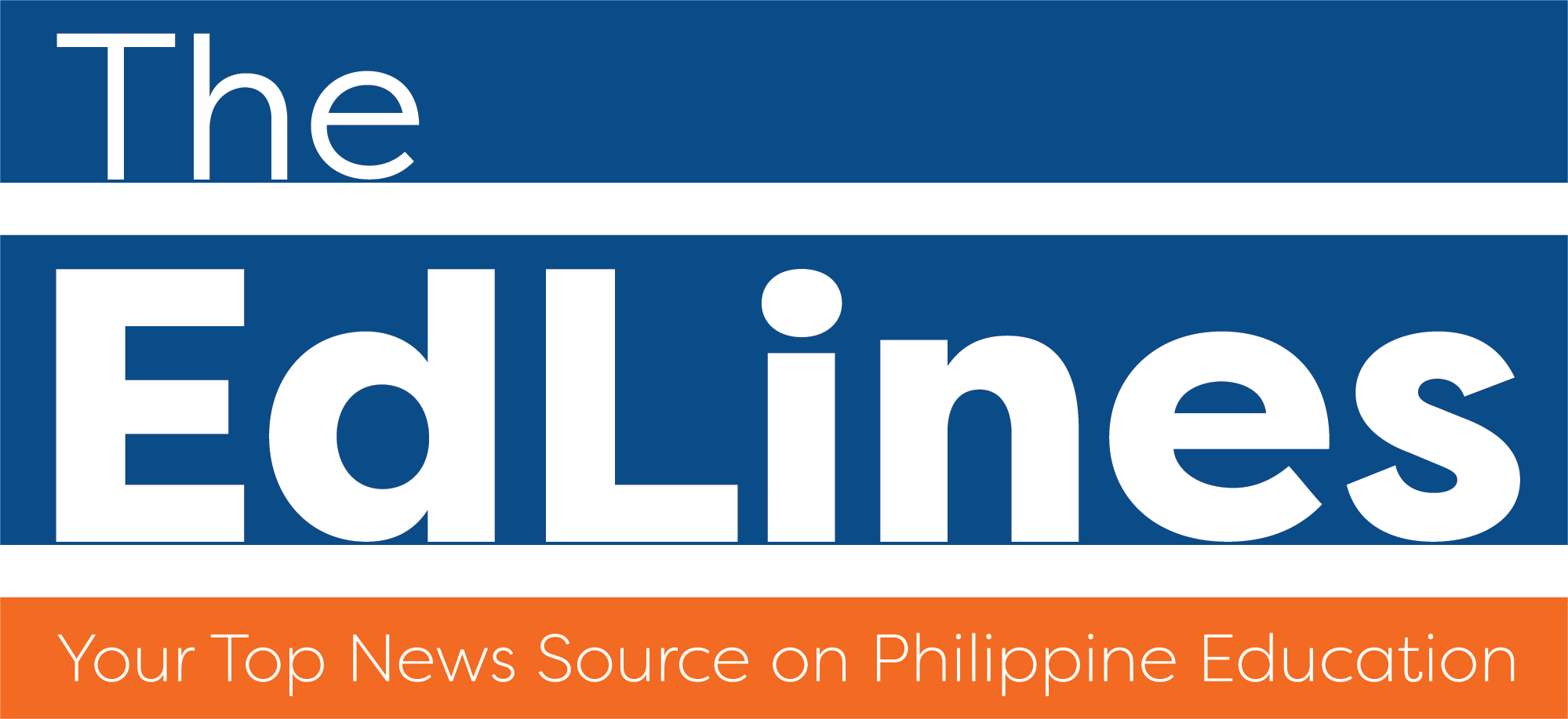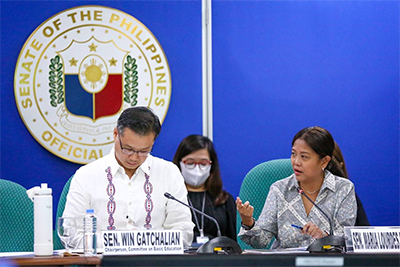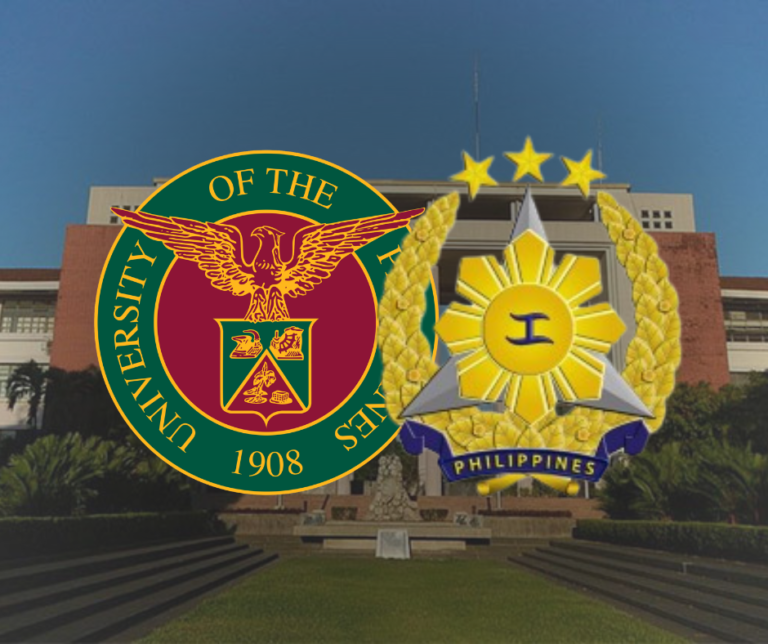
PHOTO by The EdLines.
Senator Ronald “Bato” Dela Rosa’s recent remarks urging guidance counselors to profile students deemed vulnerable to recruitment by the New People’s Army (NPA) have sparked significant backlash from student organizations and educational advocates.
During a recent Senate Committee on Public Order and Dangerous Drugs session, Dela Rosa suggested that counselors identify “smart, shy, and resentful” students, a statement that critics warn could lead to discrimination and endanger student safety.
“’Pag nakita niyo ang isang estudyante na medyo matalino — pag UP (University of the Philippines) talaga matalino naman talaga eh — medyo matalino tapos medyo tahimik, tapos medyo parang galit sa mundo, ‘yan ang napakadaling i-recruit doon na magiging extremist at magbe-bear ng firearms, sumama sa NPA,” Dela Rosa said.
[“When you see a student who is somewhat smart—especially if they are from UP, they really are smart—who is a bit quiet and seems angry at the world, that is someone who can easily be recruited to become an extremist and bear firearms, joining the NPA.”]
“Based doon sa sinasabi ng mga nag-surrender na mga recruiter ng NPA…dapat kayong mga guidance counselor ng eskwelahan, magaling din na profiler. I-profile niyo ang mga estudyante niyo,” he added.
[“Based on what the surrendered NPA recruiters are saying, your school guidance counselors should also be good profilers. Profile your students.”]
The Student Council Alliance of the Philippines (SCAP) and Akbayan Youth have vehemently condemned Dela Rosa’s call, stating that schools should be safe communities for students, teachers, staff, and the administration.
They argue that profiling students will lead to red-tagging and discrimination, endangering the students’ lives.
“It’s a burden that should never be borne by guidance counselors, teachers, parents, and especially the students whose education will be affected,” the groups said in a statement.
Critics argue that Dela Rosa’s remarks could infringe on students’ rights and academic freedom.
They believe that the decades-long education crisis requires a serious response to ensure that all students receive a quality education and have a chance for a better future.
“Will profiling students increase our literacy rate? Will it help ease the workload of our teachers and admin? Will making guidance counselors suspicious of students make schools safer?” the statement added.
The student groups emphasized the importance of uniting in the fight against the education crisis.
They urged Filipino youth, students, teachers, school administrators, and organizations to come together to defend students’ rights, support academic freedom, and oppose student profiling.


